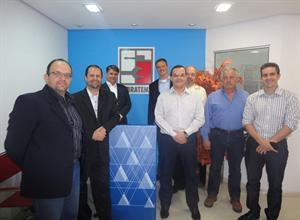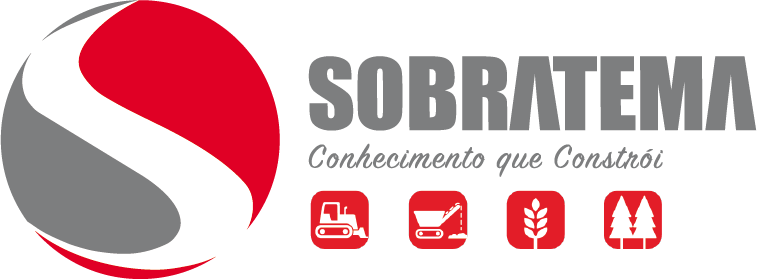Publicado em 29 de agosto de 2012 por Cleide Sales
Instituto Opus creates a committee to propose good operating practices for the sector of constructio
The permanent committee’s first initiative will be to propose that the job of ‘Rigger’ be included in the Brazilian Labor Ministry’s. Read more

Instituto Opus (the Opus Institute), a qualification program created by Sobratema – the Brazilian Association of Technology for Equipment and Maintenance, has decided to establish a permanent ‘Committee on Engineering and Safety for Machinery and Equipment’ ( CESME - Comissão permanente de Engenharia e Segurança para Máquinas e Equipamentos ) whose aim is to standardize the procedures for the operation of construction equipment so as to ensure, via the adoption of references of good operating practices, productivity and safety as well as a reduction in accidents and the preservation of human lives.
The permanent committee’s first initiative will be to propose that the job of ‘Rigger’ be included in the Brazilian Labor Ministry’s “Classification of Occupations” ( CBO - Classificação Brasileira de Ocupações ) and to reassess other existing jobs in the areas of lifting and moving of loads. “We will suggest the responsibilities, duties and skills that a professional performing this work must have, including the type of training, level of formal education, and the program curriculum and number of hours that the qualification course should have,” states Wilson de Mello Jr., Director of Instituto Opus.
The work of the committee began this month and had the participation of seven professionals in the areas of equipment and/or safety from Brazil’s main construction companies and manufacturers of equipment utilized in these sectors: Carlos Gabos of Odebrecht; Corey Rogers of Link-Belt; Fernando Mattos of FCM Engenharia; Gilberto Medina of Makro; Jacques Iazdi of BMC; Rafael Lavezzo of SRO Insurance; and Sergio Arruda of Estaleiro Atlântico Sul (Atlântico Sul Shipyard).
According to Mello Jr., another aim of the committee is to effectively contribute toward the improvement of regulatory standards, thereby bringing benefits for all of the sector’s professionals and companies. “By taking these discussions deeper, we intend to consolidate, elaborate and submit proposals for changes in the regulatory norms to the Brazilian Ministry of Labor and Employment,” he concludes.

Av. Francisco Matarazzo, 404 Cj. 701/703 Água Branca - CEP 05001-000 São Paulo/SP
Telefone (11) 3662-4159
© Sobratema. A reprodução do conteúdo total ou parcial é autorizada, desde que citada a fonte. Política de privacidade


